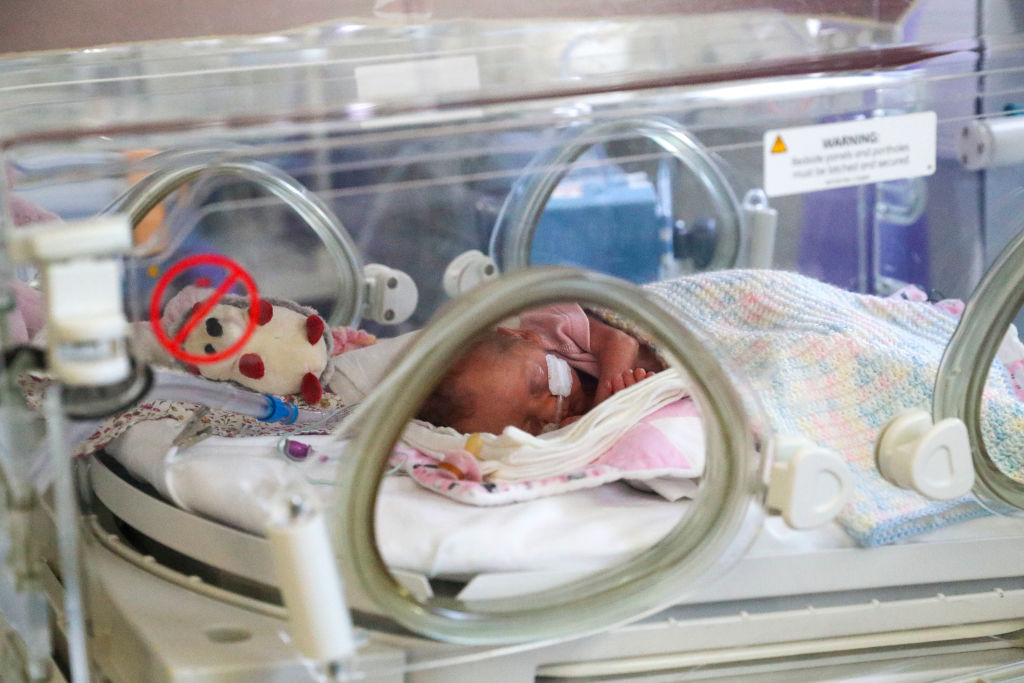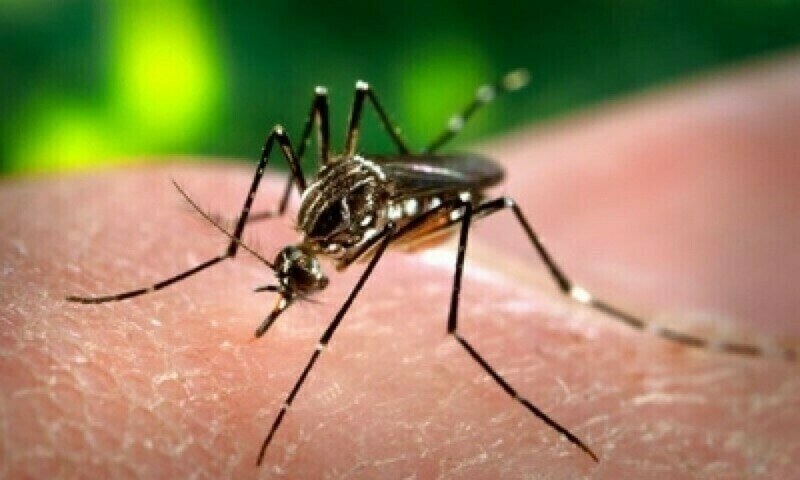By Hannah Barnes
Copyright newstatesman

Now we know which hospital trusts will be included in the national maternity review. Three months after it was announced, the 14 trusts that will be investigated have been revealed, selected using data from the CQC maternity surveys and perinatal mortality figures, along with input from bereaved and harmed families.
The 14 hospital trusts the department of health and social care describes as being “now under the microscope” are: Barking, Havering and Redbridge University Hospitals NHS Trust; Blackpool Teaching Hospitals NHS Foundation Trust; Bradford Teaching Hospitals NHS Trust; East Kent Hospitals NHS Trust; Gloucestershire Hospitals NHS Trust; Leeds Teaching Hospitals NHS Trust; Oxford University Hospital; Sandwell and West Birmingham Hospitals NHS Trust; Shrewsbury and Telford Hospital NHS Trust; The Queen Elizabeth Hospital, King’s Lynn; University Hospitals of Leicester NHS Trust; University Hospitals of Morecambe Bay NHS Foundation Trust; University Hospitals Sussex NHS Foundation Trust; Yeovil District Hospital NHS Foundation Trust / Somerset NHS Foundation Trust.
A look at that list helps explain why today’s announcement has not been well received by some families whose babies have died or been harmed on English maternity wards. Included are all three trusts which have been the subject of the major maternity investigations over the past decade. In 2015, Bill Kirkup concluded in his review of Morecambe Bay that “serious failures of clinical care” had resulted in “avoidable harm to mothers and babies, including tragic and unnecessary deaths.” In 2022, when Kirkup investigated East Kent, he judged that failings in care had likely been responsible for the deaths of 45 babies; the trust had given the appearance of “covering up the scale and systemic nature” of its problems. And Donna Ockenden’s investigation of Shrewsbury and Telford that same year found that catastrophic failures in maternity care may have led to the deaths of more than 200 babies.
Each of these major inquiries resulted in detailed recommendations, not just for the hospitals concerned, but at a national level. And not just for hospitals, but for the regulatory bodies charged with oversight of them. Yet had those recommendations been implemented, families argue, there would be no need for the rapid investigations the government will now undertake. They fear this will be yet another review, with yet more recommendations that will be ignored. For this reason, the Maternity Safety Alliance, a group of families harmed by poor maternity care across England, say that only a national statutory public inquiry can end the crisis in maternity care.
Families who are part of the MSA are particularly dismayed that the role of regulators – including the Care Quality Care Commission and NHS Resolution, which advises the health service on how to resolve disputes – will not form part of the current investigation. When Wes Streeting first announced the national investigation into maternity and neonatal services in June he acknowledged that the regulators were part of a host of bodies and individuals who had failed families. Similarly, failings by the CQC were highlighted in all three maternity investigations reports. In Leeds – now one of the maternity units to be investigated – families say the hospitals regulator failed to act on serious safety concerns for five years. Tom Hender, a member of the MSA whose son Aubrey died in 2022, said that more than 800 babies die a preventable death each year because of failings in NHS care. “The review seems to have already decided that all the responsibility for these 800 deaths a year lies squarely with NHS trusts and the clinicians who work in them. That’s just not true – the whole system is in crisis and we need a whole-system approach.”
Streeting has said that the state of England’s maternity services was a “national scandal” that kept him awake at night. Too many children have been dying. “These families are owed more than apology; they’re owed change, accountability; they’re owed the truth,” he said in June. Yet, speaking on Radio 4’s Today programme on 15 September, co-chair of the Maternity Safety Alliance Emily Barley said that the inquiry chair, Labour peer Valerie Amos, had told families that “it will not deliver justice.” In response, Amos said, “I know that a lot of families would prefer a public inquiry. That decision does not rest with me.” “An extensive in-depth comprehensive review of the regulatory bodies is not something that I can undertake within the current review,” she told the BBC. “What I hope that we will be able to do is to make recommendations, which put in place the systems and structures that enable those families to get that justice and accountability.”
It would be wrong to suggest that parents whose children have died or been harmed because of poor maternity care are entirely in agreement. Understandably, there are differences in opinion. Some are concerned about the length of time a statutory inquiry would take to complete, while poor care continues in the interim. James Titcombe, whose campaigning over the death of his son Joshua prompted the inquiry into Morecambe Bay, has said “the Amos investigation is a significant opportunity for change”.
At a local level too, while some campaign groups have welcomed today’s announcement, others feel it falls long short of what is necessary. Rebecca Matthews, co-founder of the Families Failed by OUH (Oxford University Hospitals) Maternity Services campaign, welcomed the inclusion of Oxford in the rapid investigation, saying that for 15 months they had been “flooded with stories of shockingly poor and negligent care at OUH.” An investigation into the care offered by the trust was “long overdue”, she added. Bereaved families elsewhere are less enthusiastic. Families in Leeds said in a statement that a rapid investigation could “not scratch the surface of the frontline care failings”. Instead they asked for a full independent inquiry into maternity services, led by Donna Ockenden. Bereaved families in Sussex also want Ockenden to lead an independent inquiry there, and have previously criticised Amos on being poorly briefed on the details of their cases.
In a speech today, the chief executive of the doctor’s regulator, the General Medical Council (GMC), will say that a “toxic” culture of cover-up in NHS maternity units risks “normalising” harm to mothers and their babies. Charles Massey will tell a healthcare conference in Manchester that poor working culture is impacting patient safety. GMC data shows that around a quarter (27 per cent) of trainees in obstetrics and gynaecology admit they have hesitated to escalate patient concerns to a more senior doctor. The specialty has above-average rates of workload stress, bullying and doctors who feel unsupported by colleagues, according to GMC findings.
It is this “toxic” culture that will be the hardest to tackle, especially in the short lifespan of the government’s maternity and neonatal investigation. The government has acknowledged that the problems are systemic, with women’s voices being ignored, safety concerns being overlooked and poor leadership contributing to dangerous working conditions. Following the review of the 14 hospital trusts, Amos will deliver “one clear set of national recommendation to achieve consistently high-quality, safe maternity and neonatal care.” Interim findings should be available in December 2025, with a full report expected in spring 2026. At present, it is unclear why these recommendations will be more successful than the hundreds that have come before in being adhered to and fully implemented.



